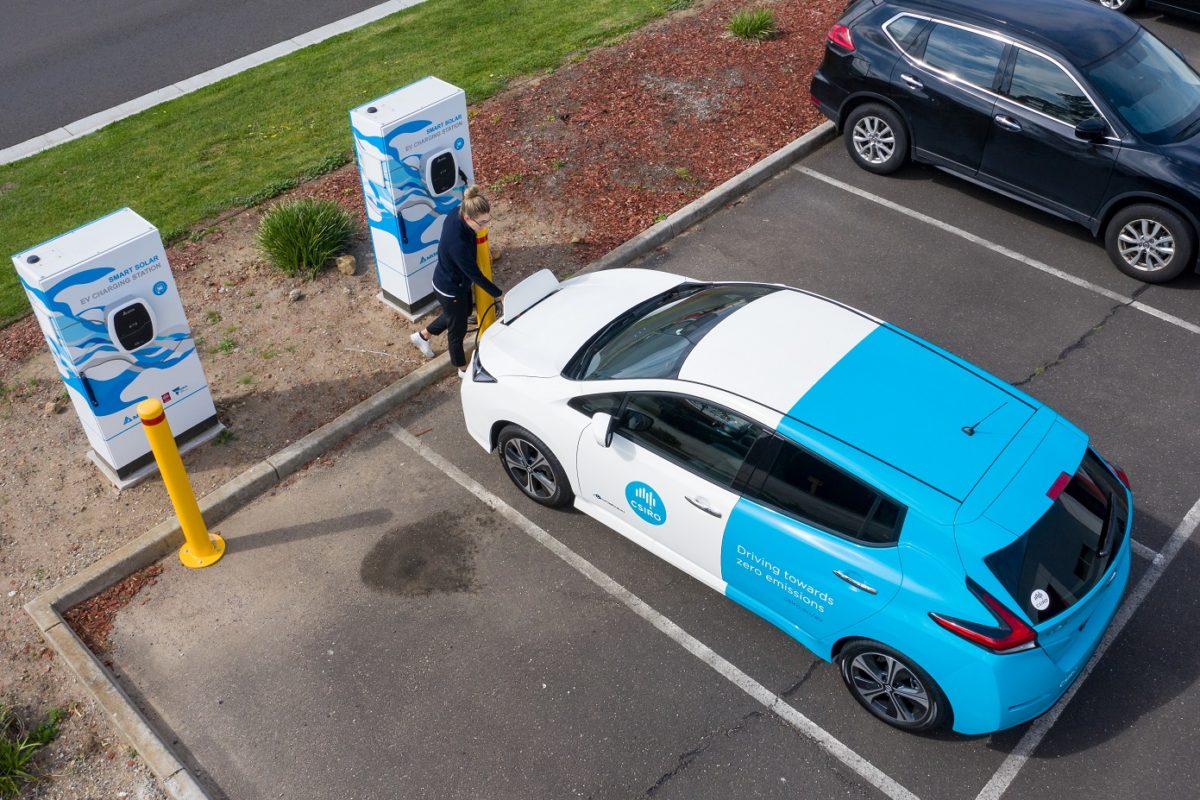Several countries have also created their own targets to eliminate petrol-powered cars, encouraging more people to switch to electric. Amongst this global push for EV adoption, Australian governments are going in the opposite direction, proposing a tax on EV owners. This is despite the fact that EVs made up less than 1% (0.75%) of the total car sales volume across Australia last year. When there was an outcry to tax the 1%, I don’t imagine this is quite what they had in mind.
The Victorian government’s proposed EV tax has been branded the “worst electric vehicle policy in the world” in an open letter from 25 leading industry stakeholders including car manufacturers, infrastructure companies and environmental organisations. It has also been heavily criticised by the Electric Vehicle Council as the only policy in the world actively ‘de-incentivising’ the purchase of electric vehicles.
Alongside this, new research has shown that the idea of car ownership is rapidly changing around the country, making the tax debate near obsolete in the longer term. According to a survey of 1000 Australians conducted by Pureprofile and commissioned by Loopit, there is a strong link between EVs and car subscription, with the majority (77%) of future EV adopters preferring to subscribe to one rather than buy it. A ‘car subscription’ allows drivers to get behind the wheel of a new car through weekly payments and without a lock-in contract, similar to a phone plan. The car can be upgraded to a newer model every few months, swapped to a different model that better suits their needs or returned if no longer needed.
Most Australian drivers (90%) say car subscriptions will make electric cars more accessible by providing another ownership option, while 76% believe car subscription will make EVs more popular by removing the long-term commitment of buying one outright. According to 80% of the survey’s respondents, car subscription will help the uptake of EVs in Australia.
As these subscription services continue to be rolled out in dealerships across Australia, the trend away from traditional car ownership will continue – especially for EV adopters who tend to be more open to new innovations in the market. As ‘early adopters’ of technology, EV owners expect innovation from the ownership experience as much as the vehicle itself. Similar to those who upgrade to the latest iPhone every year, these drivers will be looking to upgrade to the latest model EV more frequently, and subscription allows for this.
The Australian government, on the other hand, has maintained a consistent track record for stifling new car technology in Australia. The Luxury Car Tax – intended to protect the now defunct local car manufacturing industry – continues to penalise car brands that seek to include more safety and technology in their models as standard. Now, many taxes being proposed for EVs will be redundant as consumers (and specifically EV adopters) move to subscribership rather than ownership.
The decision made by state governments to help or hinder EV adoption in this country will have global consequences. As global demand for electric vehicles outstrips supply, Australia will be relegated to the bottom of the list. We should be looking at ways to make new safety technology and greener mobility options more affordable, not less. Ultimately, it’s the consumers that will lose, and not only in dollar terms.
Author: Michael Higgins, Managing Director at Loopit.co
The views and opinions expressed in this article are the author’s own, and do not necessarily reflect those held by pv magazine.
This content is protected by copyright and may not be reused. If you want to cooperate with us and would like to reuse some of our content, please contact: editors@pv-magazine.com.








By submitting this form you agree to pv magazine using your data for the purposes of publishing your comment.
Your personal data will only be disclosed or otherwise transmitted to third parties for the purposes of spam filtering or if this is necessary for technical maintenance of the website. Any other transfer to third parties will not take place unless this is justified on the basis of applicable data protection regulations or if pv magazine is legally obliged to do so.
You may revoke this consent at any time with effect for the future, in which case your personal data will be deleted immediately. Otherwise, your data will be deleted if pv magazine has processed your request or the purpose of data storage is fulfilled.
Further information on data privacy can be found in our Data Protection Policy.